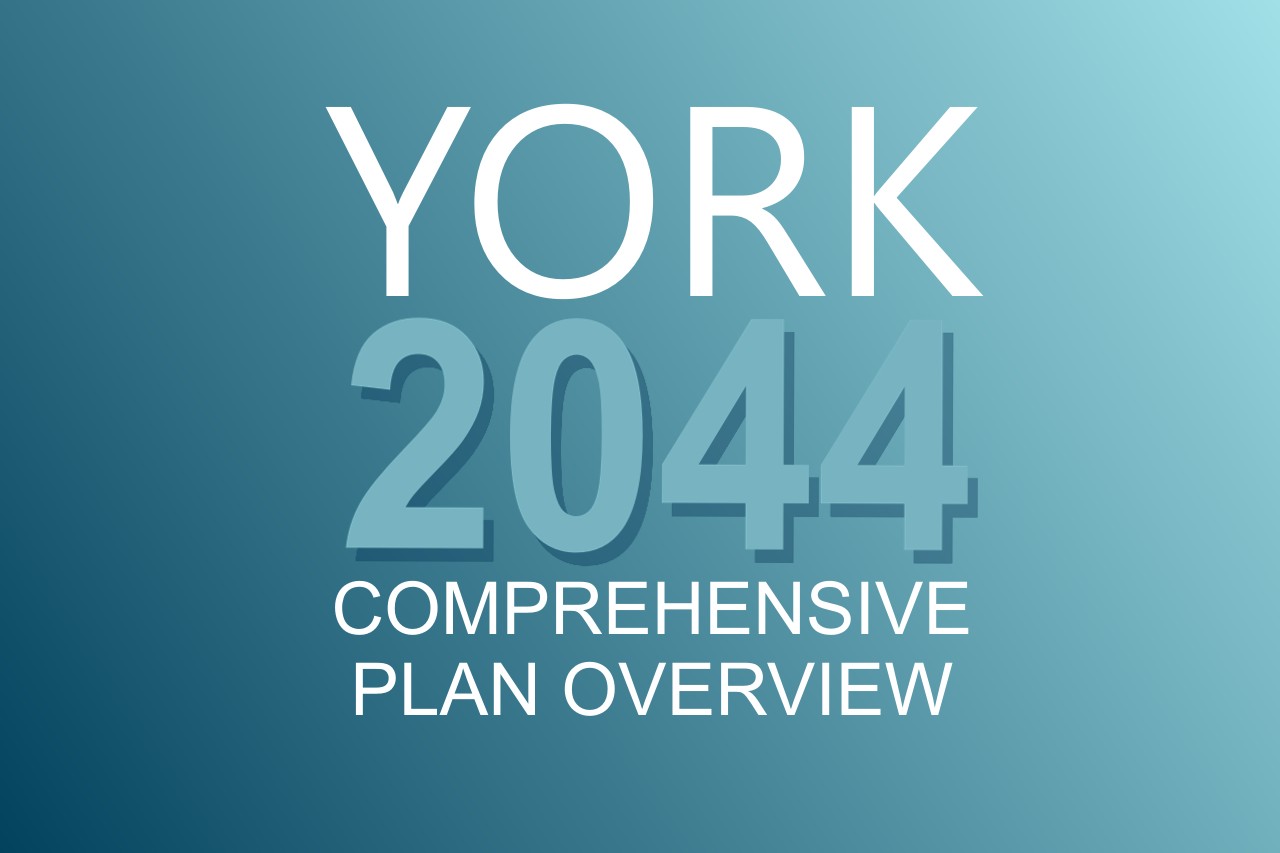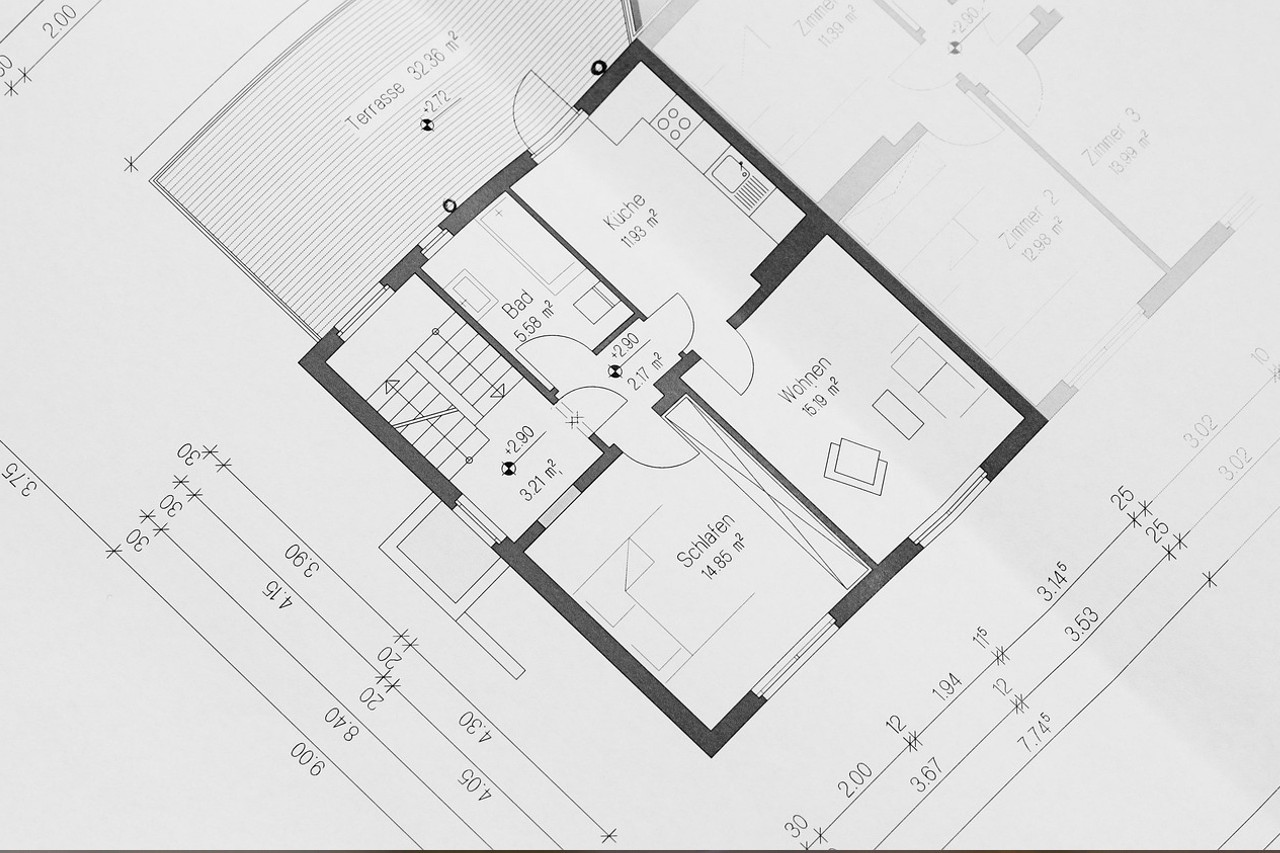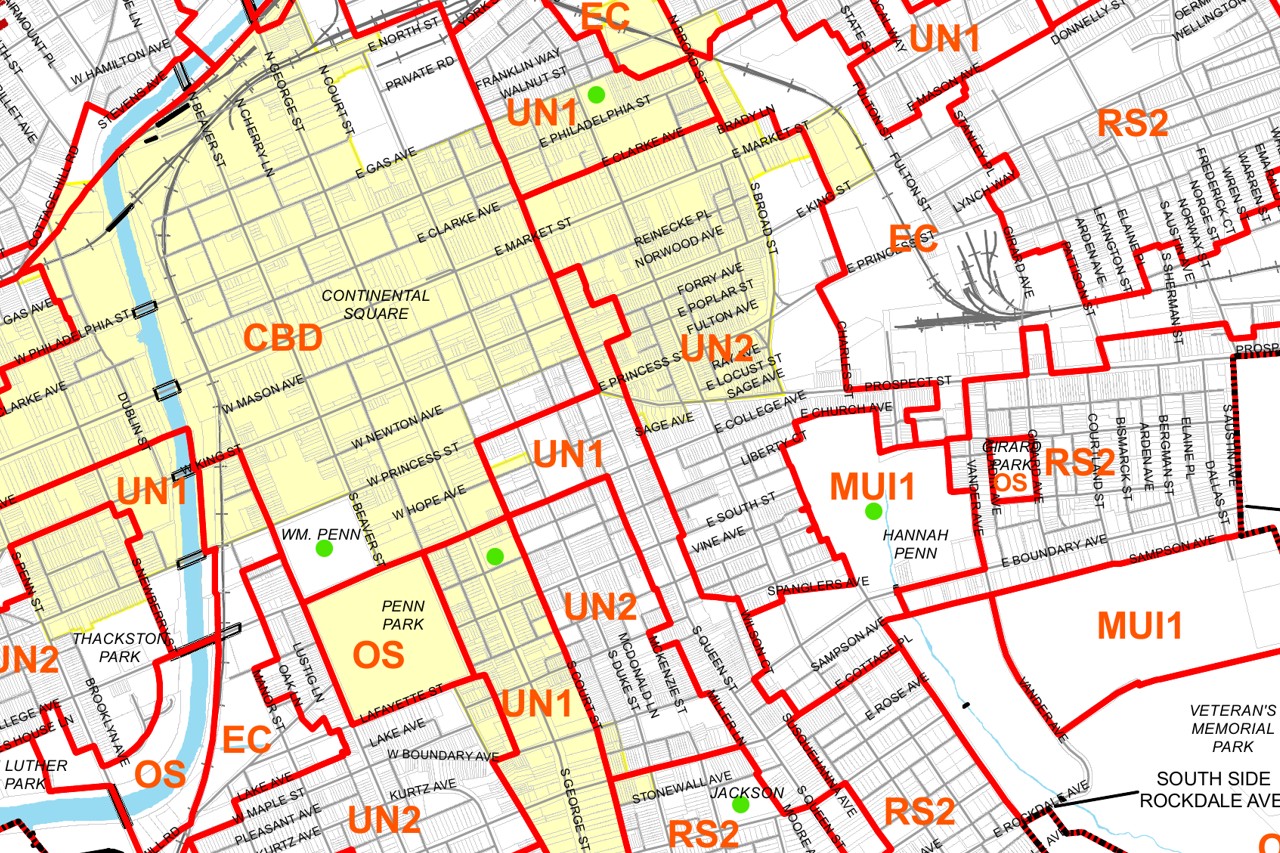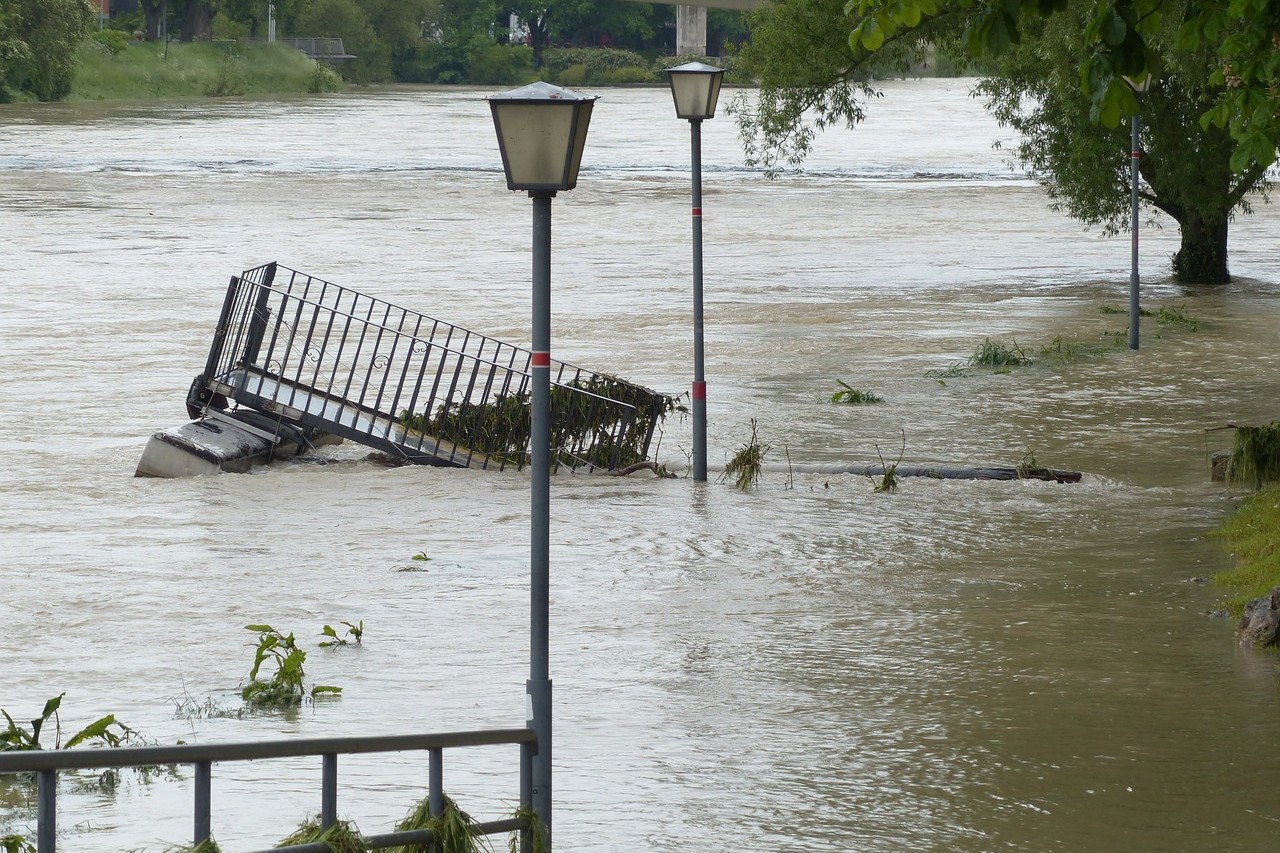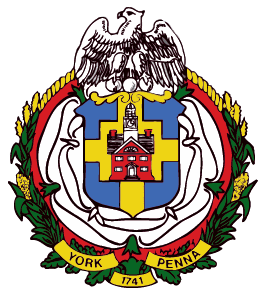English Español Kreyòl Ayisyen
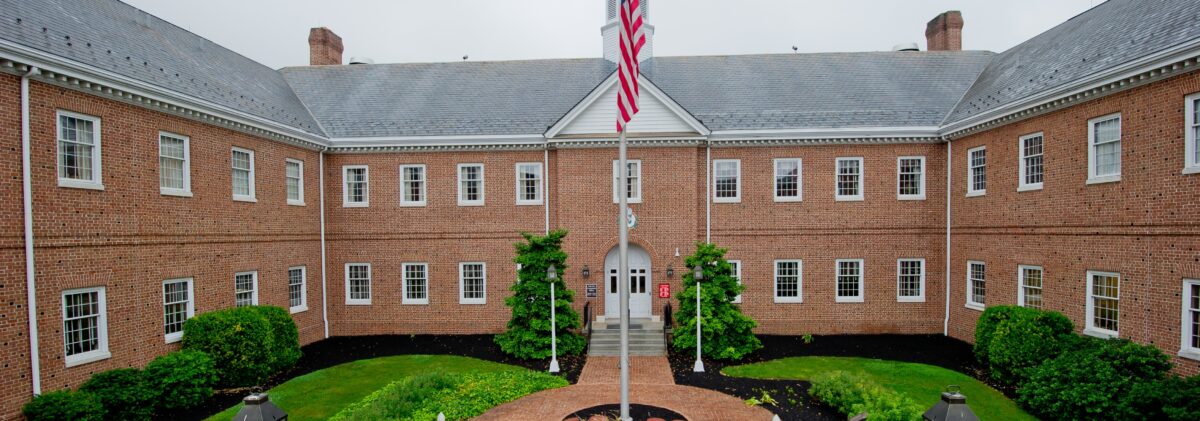
Bureau of Planning and Zoning
The Bureau of Planning and Zoning, part of the Department of Economic and Community Development, is dedicated to guiding the development and growth of the City of York. We manage zoning regulations, land use planning, and historic preservation. Our services include zoning permits, site plan reviews, subdivision approvals, and variances. We also provide zoning compliance certifications, review proposed developments, and offer guidance on historic district regulations.
WHAT’S NEW?
FINAL DRAFT – YORK 2044 COMPREHENSIVE PLAN
Explore the final draft of York’s 2044 Comprehensive Plan. This draft outlines strategic goals and initiatives for sustainable growth, economic development, and community enhancement.
2044 COMPREHENSIVE PLAN OVERVIEW
Overview of the City of York’s 20-year roadmap for growth and sustainability. Discover key initiatives in development, transportation, and community well-being.
YORK 2044 OPENHOUSE PRESS RELEASE
Read the press release for the York 2044 Open House (July 5, 2024). Discover York’s 20-year future plan, ask questions, provide feedback, and meet the DECD staff.
APPLICATIONS AND FORMS
All Planning and Zoning applications are done online only.
We use OpenGov for our Planning and Zoning applications. On the platform, you can submit applications for zoning permits, site plans, subdivisions, and other planning services.
ZONING PERMIT APPLICATION
Get permits for fences, decks, patios, sheds, driveways, signs, concrete pads, accessory structures, swimming pools, spas, and whirlpools.
ZONING DETERMINATION REQUEST
Find out if your proposed project complies with zoning regulations and whether it’s allowed in the designated zone BEFORE starting your project.
ZONING HEARING BOARD APPEAL
Apply for a zoning hearing appeal when you disagree with a zoning decision or need to request a variance or exception.
- Complete Personal Information (application) Specific about appeal description (application)
- If known, list previous use of property (application)
- Completed Narrative Questions
- Attach Deed or Sales Agreement
- Attach Site Plan (Google Earth view of property)
- Attach Floor Plan (Drawing of each floor and its contents)
- Attach Photos (Front and back of property, each room inside of property, off-street parking accommodations) Must be clear. The more the better.
Following a review of your application by the York City Zoning Officer, you will need to pay the submission fee and submit 15 paper copies containing all of the above check list including Zoning Determination Letter to the Zoning Officer. You can submit the 15 copies in person or by mail at York City Hall, 101 S George St, York, PA 17401. If submitting in person, please schedule an appointment with the Zoning Officer the first Monday of the month. While the Zoning Hearing Board may grant your variance or special exception, this applies only to the Zoning Ordinance. There most likely will be requirements from the Uniform Construction Code that will apply. Please contact the Bureau of Permits and Inspections to get information related to code requirements. If you have any questions, contact the Zoning Officer at (717) 849-2280.
The Zoning Hearing Board may approve your variance or special exception only in relation to the Zoning Ordinance. Additional requirements from the Uniform Construction Code may also apply. Contact the Bureau of Permits and Inspections for details on code requirements.
NEW BUSINESS PACKET
Ready to start your business? Submit the New Business Packet application to start a new business and ensure compliance with local regulations and requirements.
SIDEWALK CAFE
Apply to operate a sidewalk café by ensuring compliance with local regulations. Provide details about your café setup and obtain necessary permits before opening.
FLOODPLAIN AREA APPLICATION
Complete this form if your project is located within the Special Flood Hazard Area in the City of York.
Structured Fee Schedule to be followed.
SUBDIVISIONS AND LAND DEVELOPMENT PLANS
This form ensures your project complies with subdivision and land development regulations. Provide necessary details and obtain required approvals before starting.
-
Contact Us
Zoning information:
Monty McMillion – Zoning Officer
(717) 849-2280
mmcmillion@yorkcity.orgPlanning information:
Nancy Griffin – Planner
(717) 849-7005
ngriffin@yorkcity.org
Other Information & Resources
-
Questions & Answers
▶ What is Zoning?
Zoning refers to municipal code or local laws and requirements that govern how pieces of land can or cannot be developed and what use of land the developed area can serve. Municipalities create zoning regulations and classifications that dictate what type of properties can co-exist in a particular area to maintain the community’s health and public safety.The municipality’s planning commission (and/or zoning board) helps create and optimize the structure of a city’s land development needs and land development standards. When making zoning decisions, the commission often consults the city’s master plan, which is a comprehensive document laying out a particular municipality’s current and future needs and goals. A master plan will consider a community’s transportation needs, economy, obstacles, and challenges. It will also include the people, homes, parks, and businesses that make up that community. Once a master plan is in place, a zoning ordinance can be created that draws on the goals and needs outlined in the master plan. A zoning ordinance helps put the city’s plans into action. It also lists the regulations and laws that will govern how the land can be used, land development standards for that zone, and maps the exact boundaries of the area’s zones.Zoning and land use can be tricky spaces to navigate. Since zoning laws affect what can be done to a parcel of land and can be different from city to city, land developers doing business anywhere need to be familiar with local zoning laws.
▶ What is Historic Preservation all about?
Historic preservation is a conversation with our past about our future. It provides us with opportunities to ask, “What is important in our history?” and “What parts of our past can we preserve for the future?” Through historic preservation, we look at history in different ways, ask different questions of the past, and learn new things about our history and ourselves. Historic preservation is an important way for us to transmit our understanding of the past to future generations.Our nation’s history has many facets, and historic preservation helps tell these stories. Sometimes historic preservation involves celebrating events, people, places, and ideas that we are proud of; other times it involves recognizing moments in our history that can be painful or uncomfortable to remember.Within the National Park Service, many people work in historic preservation: archeologists, architects, curators, historians, landscape architects, and other cultural resource professionals. The National Park Service carries out historic preservation both within and outside the National Park System.
▶ What is Community Planning?
Through community planning, local governments work collaboratively with residents and stakeholders to articulate how they want their communities to look, feel and function in the future.
▶ What is a Flood Plain?
A flood plain is an area of flat land alongside a river. This area gets covered in water when the river floods. Flood plains are naturally very fertile due to the river sediment which is deposited there. In York City this area would be along the Codorus Creek.
The construction, enlargement, or expansion of any structure, or commencement of any activity listed as a special hazard shall be prohibited in a flood plain, unless a special permit has been issued for the proposed construction or activity.
Floodplains are places where water can disperse during floods, which reduces pressure on manmade protection structures like levees and dams and reduces risk for nearby communities. Lower Flood Insurance and Disaster Recovery Costs.
All construction that is allowed in floodplain areas must have the lowest floor elevation at or above the 100-year floodplain elevation. If you have a multi-family or commercial project, you may build in the 100-year floodplain only if your lot complies with all floodplain standards.
-
General Information
York County Solid Waste Authority, New Waste Transfer Station Permit Application.
- Public Meeting Calendar
- Other links


